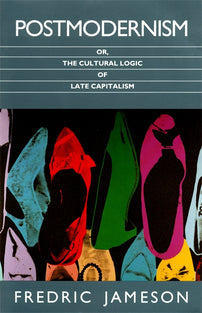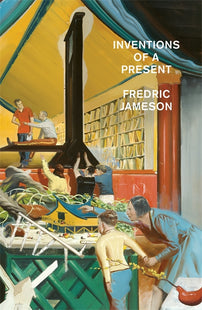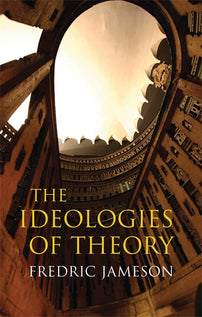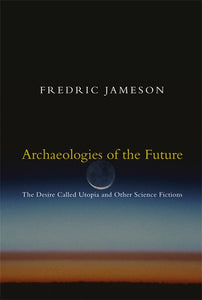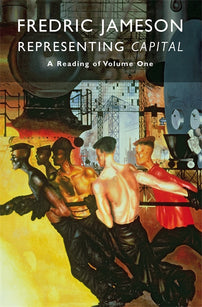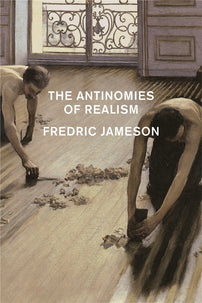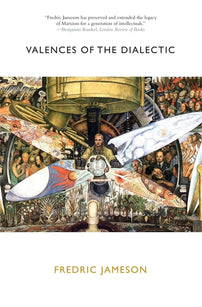History is what hurts
Maria Elisa Cevasco reflects on Fredric Jameson's Political Unconscious for the fifth instalment of our Jameson at 90 series.
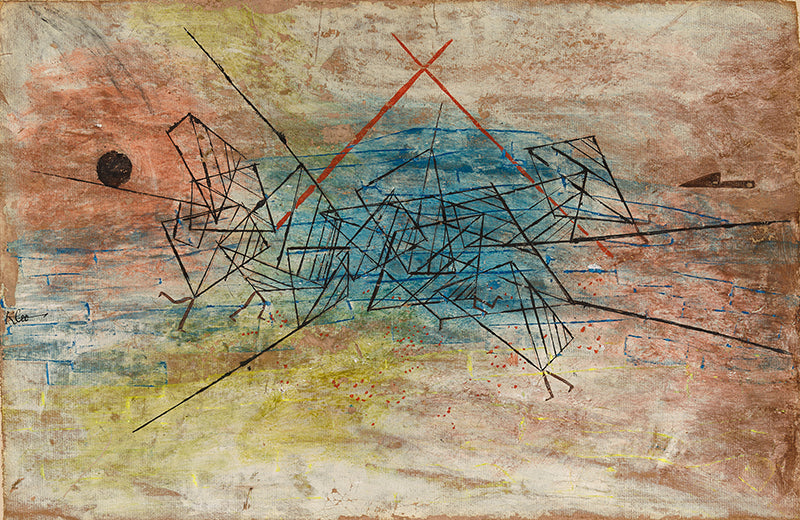
The Political Unconscious (1981)
I can still remember the thrill of reading The Political Unconscious for the first of many times. As those intellectual encounters go, my first contact with the book was in the mid-1980s. I was in Britain carrying out research for a doctorate in English and feeling more and more alienated as most of the bibliography I read, and the professors I talked to, seemed to be only revamping formalist analysis in sophisticated philosophical terms. There did not seem to be any interpretative gains in the move. To my mind, they were actually going back to an unnecessarily limited version of textuality as if, by a fiat of intellectual retreat in the face of the unfulfilled high hopes raised in the 1960s, literature could be explored simply as a matter of texts that concerned other texts which were thus stripped of history, cognitive power and social significance.
It was amidst this ocean of irrelevance that I came across Fredric Jameson’s The Political Unconscious, first published in 1981. At the first reading, the book already stood out as a signpost that changes intellectual directions. It is deliberately constructed against the grain of times that paradoxically combine sophisticated mental schemes with intellectual enfeeblement. The tone is decisively trenchant: the one employed by an intellectual who knows there are sides and one must choose. The Political Unconscious, and I was going to learn this later, configures the typical Jamesonian move, that is, an intervention in the intellectual debate that changes the terms of the debate itself, and recombines them in a new paradigm that forces it to reckon with the new challenge. And, here, it might be useful to remember that those discursive struggles are more significant than their present day confinement in academia suggests. What is at stake is more than which new “–ism” is going to win the day. Conceptions of criticism imply world views and have a bearing on how we make sense of the world, and of determinations we did not choose. Then, as much as now, under banners such as “the impossibility of interpretation”, “embrace the surface of texts” or “read within the grain”, critics end up by renouncing the work of discovering and interpreting not only works of art but the way of life that structures them. It might even be that nothing is hidden in times of superficiality, but that does not mean we can dispense with the labour of expounding the many layers and contradictions that make reading a cognitive experience that gives us a privileged access to History.
[book-strip index="1"]
The way of reading proposed in the book posits History as the ground and untranscendable horizon of interpretation. In words that seems to acquire more and more significance as time passes, Jameson states that History is what hurts, what refuses desire and sets inexorable limits to individual and collective praxis. He adds that we may be sure that its alienating necessities will not forget us, however much we might prefer to ignore them. Contemporary criticism take heed: ignoring History leads us all into irrelevance.
It is high time we went back to the first sentence of The Political Unconscious – “Always historicize!” – and use it as motto for the collective construction of an intellectual project, that gives continuity to Jameson´s, the most ambitious in contemporary cultural criticism. As for my personal encounter, as years passed, and I read book by book, I began to realize that the project is nothing less than to revitalize the great tradition of the dialectics and equip it to face the tasks the historical moment demands. Shall we take up the challenge?
See all works by Fredric Jameson here. His new book, Inventions of a Present: The Novel in its Crisis of Globalization is out on May 7.
[book-strip index="2"]

